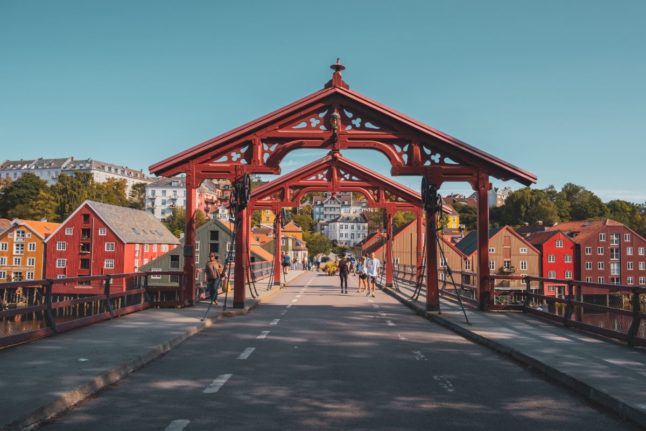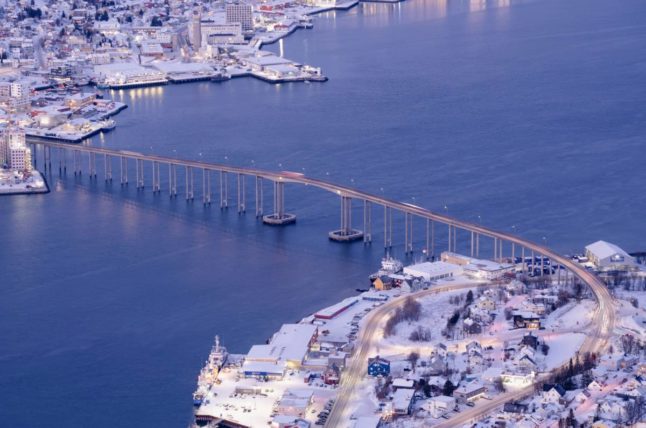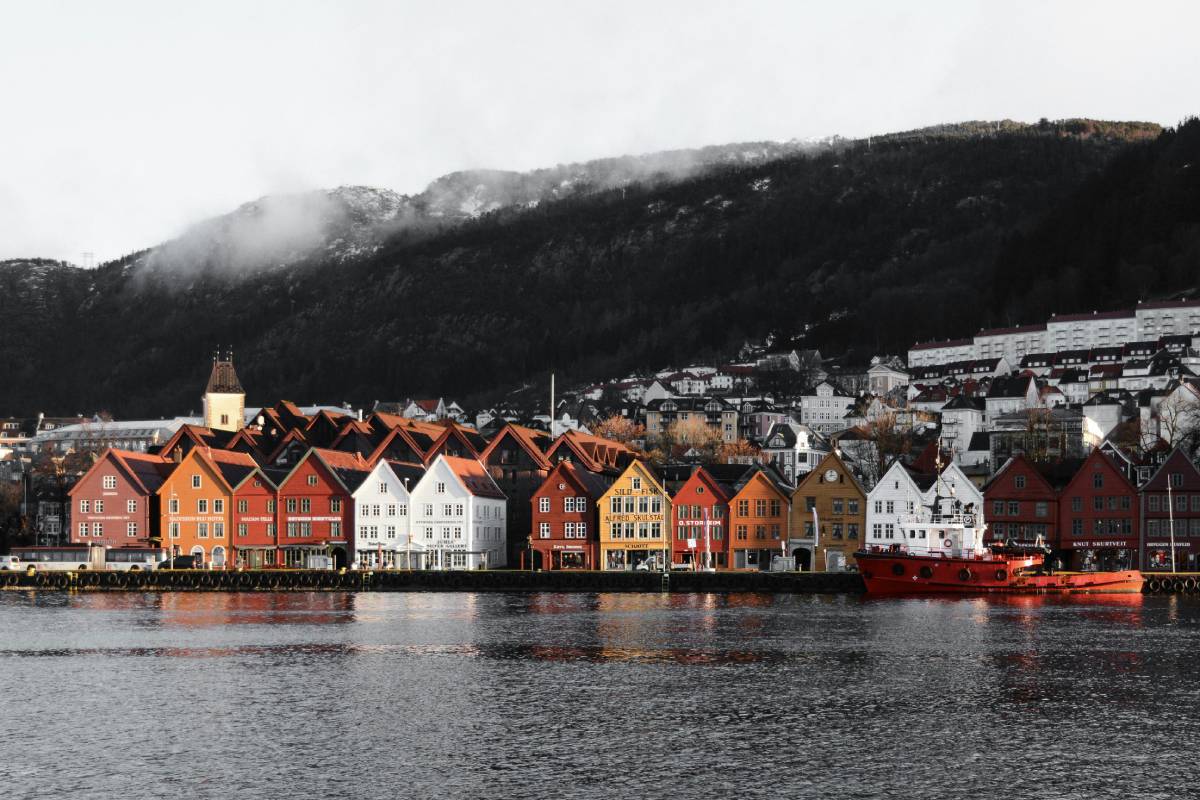Most of 2022 and 2023 have been characterised by a cost of living crisis that has hit Norway hard, as is the case in most of Europe.
The Scandinavian country was known for its high prices even before the crisis settled in. However, in pre-crisis times, prices were balanced by high wages – to an extent.
Now, the increasing costs of various essentials – as well as a seemingly ever-weaker krone ( a problem for foreign residents who use part or all of their Norwegian income in their home countries) and a limited housing offer – have prompted concerns.
READ MORE: Cost of living: How expensive is Norway compared to a year ago?
Top concerns for prospective 2023 migrants to Norway
While the Norwegian Labour and Welfare Administration (NAV) doesn’t have any data that points to major concerns prospective migrants to Norway. Instead, Johannes Sørbø, a labour market expert at the NAV, told The Local that, in his opinion, the language barrier would remain a notable challenge.
“I would assume that the language barrier is a key challenge, as many occupations require Norwegian language skills,” he said.
Cynthia Myrnes, general manager of Relocation AS – a company that helps foreign workers who come to Norway – singled out high costs of living, the weak krone, housing shortages, the language barrier, cultural adjustment, licensing and credential recognition, and immigration regulations as potential issues.
“Norway is known for its high cost of living, including expenses related to housing, transportation, and everyday goods. Foreign workers might find adjusting to these elevated costs challenging, especially in major cities like Oslo. Furthermore, Norwegian salaries are not as high as they used to be due to the currency exchange rate.
“Major cities in Norway, particularly Oslo, have faced housing shortages, leading to high demand and increased prices for accommodation. Securing suitable housing can be a significant challenge for newcomers,” Myrnes said.
READ MORE: What’s on the cards for Norway’s property market this autumn?
She also noted that, depending on the field, foreign workers might need to have their qualifications and licenses recognised by Norwegian authorities before they can work in their chosen profession.
“This process can be time-consuming and involve additional training or examinations.”
Lastly, she said that immigration processing times for skilled worker residence permits “are quite long at the moment, up to four months.”
“It used to be around two to four weeks,” Myrnes recalled.
Is Norway losing some of its magnetic pull?
Despite the issues outlined beforehand, experts believe that Norway remains an attractive country for many foreign workers.
“I believe so (note: that Norway is still attractive for foreign workers). The average wages are still high in Norway, although a weak krone makes the wages less attractive compared to a couple of years ago,” Sørbø said.
“According to the Organisation for Economic Co-operation and Development (OECD), Norway ranked 8th on average wages in 2022. An important addition to this is that we have relatively high wages for occupations with relatively low education, and relatively low wages for ‘high-income’ workers.
“This means that for immigrants who work in manufacturing, construction, etc., the wages are probably still high in Norway compared to home,” Sørbø said, adding that, so far in 2023, the immigration to Norway is also still high, but that the war in Ukraine is an important driver of this, as it led to a notable inflow of Ukrainian refugees (one-third of immigration in the second quarter of 2023 was from Ukraine).
Still has a lot to offer
Myrnes agrees with Sørbø’s assessment.
“Absolutely, Norway has much more to offer than that [the costs of living and weak krone ed.], and I myself am a foreigner, living in Norway for over 15 years – I would not want to move back home,” she said.
Myrnes pointed to the country’s high quality of life, strong economy, work-life balance, generous social welfare system, free education, progressive policies, and safe and stable environment as just some of the upsides to moving and living in Norway.
READ MORE: Why do people move to Norway, and where do they come from?
“Norway consistently ranks high in global quality of life and happiness indexes. The country is known for its stunning natural landscapes, clean environment, and well-developed infrastructure.
“It has a prosperous economy driven by industries such as oil and gas, shipping, technology, and renewable energy. This creates a variety of job opportunities for skilled professionals.
“Furthermore, Norwegian work culture emphasises a healthy work-life balance, much better than in Singapore, where I am from,” Myrnes told The Local.
She also accentuated the country’s comprehensive social welfare system that provides healthcare, education, parental leave, and unemployment benefits, saying that this “safety net helps ensure a good quality of life for workers and their families.”




 Please whitelist us to continue reading.
Please whitelist us to continue reading.
Member comments